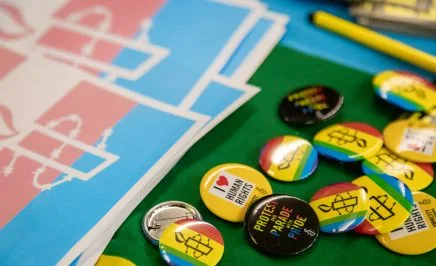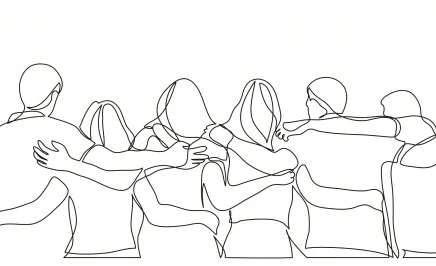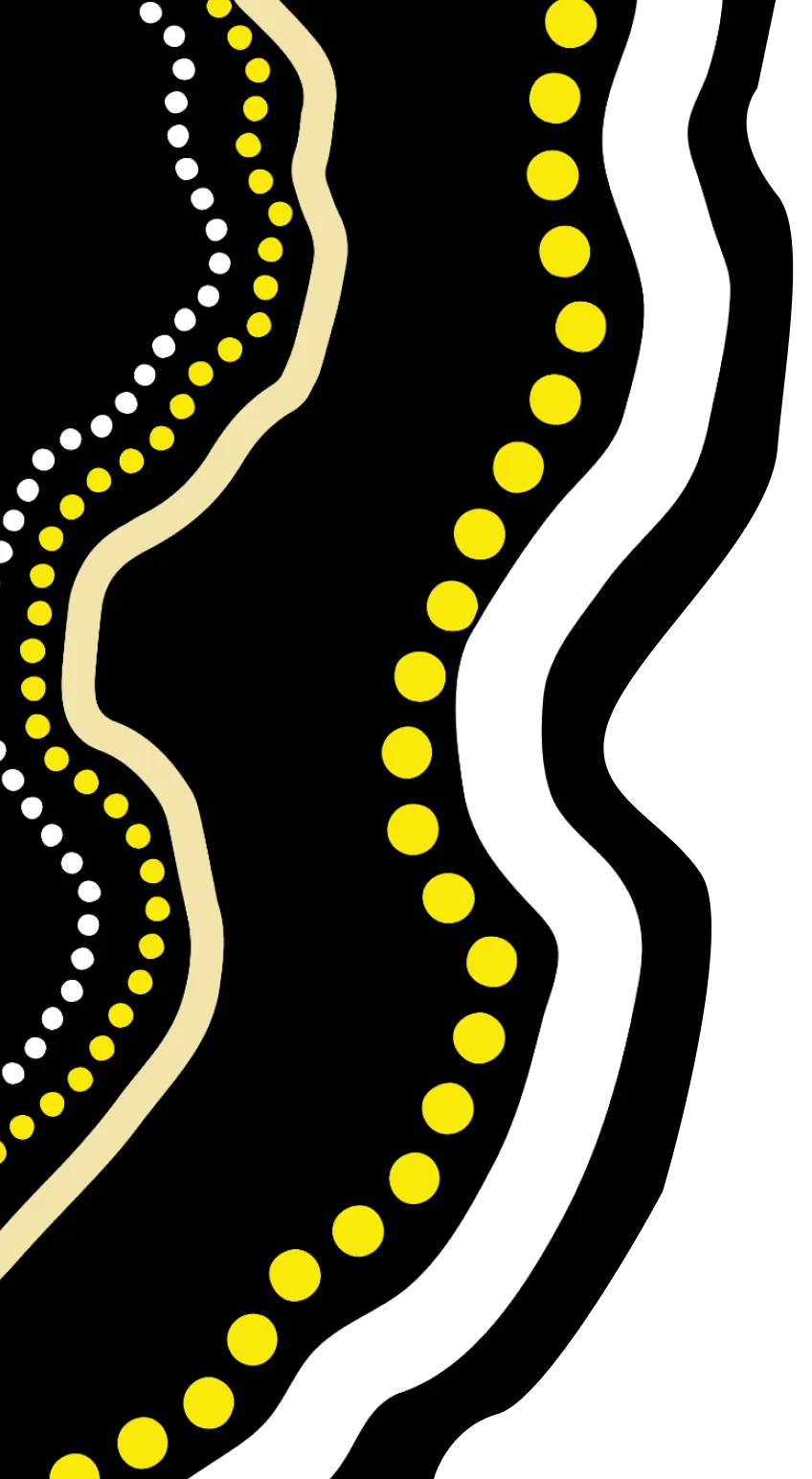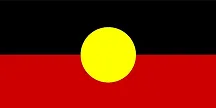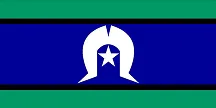Accessibility – The Amnesty International website has built in accessibility tools to help ensure that our activism is inclusive. To open the accessibility menu click on the accessibility icon located at the bottom right of your screen.
Amnesty International Australia’s Indigenous Rights team is proud to launch our new film club, Firestick Flicks, as part of our NAIDOC 2024 celebrations.
This monthly film club aims to encourage Amnesty activists, staff, and supporters to watch First Nations films and documentaries, by providing supporting resources, discussion prompts, and reflections to foster deep learning and understanding on the path to reconciliation. We will be focusing on films that are free to access on ABC iView or NITV/SBS On Demand, so that everyone can get involved!
This month’s Firestick Flicks film is The Dark Emu Story
Through his book ‘Dark Emu’, author Uncle Bruce Pascoe challenges Australia to rethink its understanding of the history of this country, before and after colonisation. He uses records and written accounts from white settlers and explorers, such as Major Thomas Mitchell, as evidence to disprove negative stereotypes, and show that First Nations communities were thriving prior to colonisation, and had well-developed systems of trade, economy and farming, as well as engineering and architecture.
‘The Dark Emu Story’ is a thought-provoking documentary which explores the impact that publishing this award-winning book had on Uncle Bruce, and the role that the media played in trying to discredit his research, and ultimately, his identity as an Aboriginal man.
Note: Whilst it is not essential to have read Dark Emu prior to watching this film, it would definitely enrich your experience. So this is a perfect time to get lost in this story and let Uncle Bruce challenge the way that you see the world! Available in paperback, audiobook, and there is also a young readers version called Young Dark Emu.
How can you get involved?
- Cosy option: Get together with your family and friends for a movie night at home
- Feeling a bit more social: Organise a screening for your group or local community
To maximise attendance and impact, it is helpful to:
- Combine the film screening with a meal or morning/afternoon tea, which also encourages people to stay on after the film to talk and take action
- Discuss AIA’s Raise the Age campaign, and encourage attendees to sign our petition calling for adequate justice reinvestment funding for alternatives to prison, such as First Nations led diversion programs.
- Publicise your film screening well and try to draw in people from outside Amnesty circles, using social media, email lists, posters, leaflets etc
- Partnering with other groups or organisations helps spread the workload and brings in a broader audience. Councils, libraries and Tourist Information centres can all be useful partners with the ability to promote it widely
Resources
In terms of resources, we have the following:
Feeling peckish?
If you are looking for snacks and beverages for your film screening, these are some First Nations businesses that you could try:
- Yaala Sparkling Water
- Yaru Mineral Water
- Jala Jala chocolate
- Indigiearth spices to sprinkle on your popcorn, or relishes for a grazing platter
- Binjang Tea
- Blak Brews
- Mabu Mabu hot chocolate
- Sobah Beverages
Looking for a venue?
You could have a look around your local area to see whether there are any First Nations cafes or restaurants who may be able to cater for your film screening.
(Mudgee crew should definitely check out Sharon Winsor’s Warakirri Dining Experience, and people in South East QLD could reach out to Clinton Shultz at Sobah Brewery and Cafe!)
Discussion questions to get you thinking…
1. In an interview, Uncle Bruce Pascoe said that he ‘named his book Dark Emu to honour the starless void in the Milky Way, shaped like an emu and riven with ancient Aboriginal story about the power and beauty of darkness, emptiness, the creative spirit.’ Thinking about this book title, and Aboriginal knowledge of the way that the seasons on Earth connect with astronomy, do you think that this was a powerful way to start readers on their journey and to challenge the ethnocentric view of Australian history?
2. Why do you think colonial settlers of the time ignored the evidence of settled Aboriginal communities provided by the journals of explorers like Major Thomas Mitchell, Charles Sturt, etc?
3. Thinking about the power dynamics between Indigenous and non-Indigenous authors, and who has had the most influence on the narrative of Australia since colonisation – Uncle Bruce is an award-winning Aboriginal author and researcher, and has written many books about Aboriginal culture. How did it make you feel to hear Peter Sutton, a non-Indigenous author, tell Uncle Bruce that he disagrees with his writing?
4. Kerry Saunders, a Gamilaroi Gomeroi woman from Moree, North West NSW, taught us about Ganalay, or Native Curly Mitchell grass. Do you know the name of the curved bowl that Kerry uses to winnow the grain?
Get the kids involved with this Gamilaraay language worksheet from University of Sydney.
5. The fish traps, Baiame’s Ngunnhu on Ngemba Country in Brewarrina are the oldest human made structure in the world. Older than the Egyptian pyramids, Stonehenge and Matchu Pitchu. How does it make you feel to know that this ancient structure, which is evidence of Aboriginal architecture, engineering, river environmentalism and fish farming is not protected under UNESCO?
Let us know how it went!
If you hosted a film screening, please fill in this Event Form and let us know how it went!
Feel free to email any photos to activism@amnesty.org.au
Safeguarding the well-being of yourself and others
Campaigning for human rights can be difficult. Burnout and vicarious trauma can happen and it’s important to keep a look out for the signs in yourself and your friends. You can check out our Sustainable Activism & Self Care guide as a starting point to ensure that you are looking after yourself and others while doing this important work. It examines how we can better take care of ourselves as activists and what you can do to make sure your activism is sustainable!
As a global movement of 10 million people, and 500,000 people in Australia, Amnesty International has the people power to build public support for a Human Rights Act. Learn more about what are human rights and our Human Rights Act campaign work.

